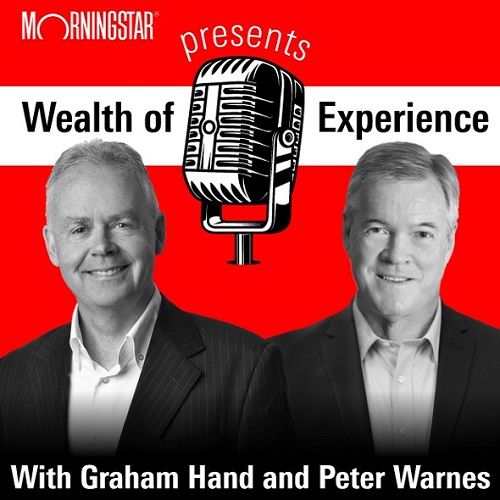Season 2, Episode 5
In this week's episode, we welcome special guest, John Abernethy. John is the Founder and Chairman of Clime Investment Management. He's seemingly done it all across 40-plus years in investing, from managing multi-asset portfolios, to venture capital, and now overseeing a sizeable investment portfolio and financial advice business. John tells us that super funds aren't admitting to their biggest problem: having too much money is driving them into alternative assets. In a broad-ranging interview, he also outlines why bonds aren't great value right now and Aussie equities look good in comparison, as well as how the current government isn't doing enough to help reduce inflation.
Regular guest, Peter Warnes, has a different take to John's on super funds and unlisted assets. And he's scratching his head at a recent scathing review into APRA and its supervision of super. Finally, Graham Hand discusses why homeowning retirees should never run out of money, even though many fear they will.
The podcast is also available via our dedicated website page, Google Podcasts, Apple Podcasts, Spotify, and BuzzSprout.
Please share with friends and colleagues, and a favourable rating would help spread the word. We welcome questions and suggestions at [email protected].
Grab a cuppa and settle in for our chat.
James Gruber
Editorial, Firstlinks and Morningstar
